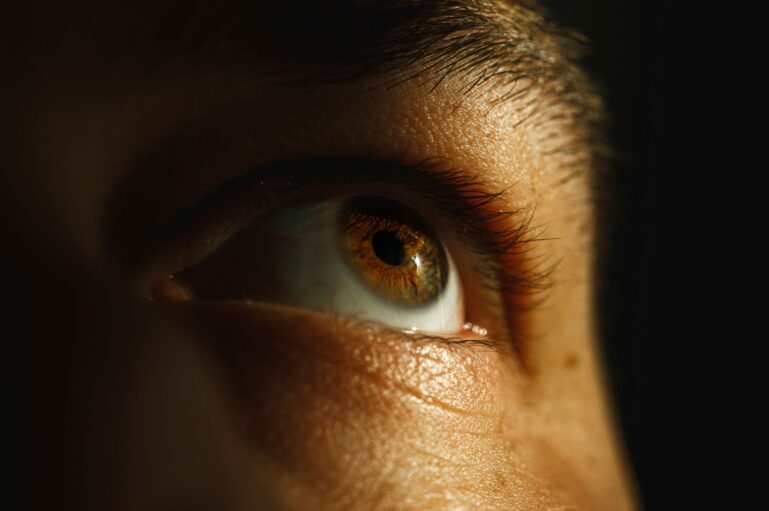“An eye for an eye leaves the whole world blind” (Mahatma Gandhi)
All over the world, individuals and groups seem to be “at war” with one another. Personal grievances don’t just play out as minor tiffs or arguments, but often develop at best, into litigation, or at worst, into bodily harm or murder. Anger, spite, and manipulation create divided communities and toxic workplaces. Troubled people form groups to take vengeance and bitterness corrodes the very fabric of society. Trust is broken and healing is hard to find.
Being hurt by someone, particularly someone you love and trust, can cause anger, sadness, and confusion. If you dwell on hurtful events or situations, grudges filled with resentment, vengeance and hostility can take root. If you allow negative feelings to crowd out positive feelings, you might find yourself swallowed up by your own bitterness or sense of injustice.
In an article on adult health, the Mayo Clinic notes the following effects of holding grudges:
- You bring anger and bitterness into every relationship and new experience
- You become so wrapped up in the wrong that you can’t enjoy the present
- You become depressed or anxious
- You feel that your life lacks meaning or purpose, or that you’re at odds with your spiritual beliefs
- You lose valuable and enriching connectedness with others
By embracing forgiveness, you can avoid a negative spiral into depression, and you can also embrace peace, hope, gratitude, and joy. You need to consider how forgiveness can lead you down the path of physical, emotional, and spiritual well-being.
Psychologists generally define forgiveness as a conscious, deliberate decision to release feelings of resentment or vengeance toward a person or group who has harmed you, regardless of whether they actually deserve your forgiveness or not. In some schools of thought, it involves a personal and “voluntary” effort at the self-transformation of one’s own half of a relationship with another, such that one’s own self is restored to peace and ideally to what psychologist Carl Rogers has referred to as “unconditional positive regard” towards the other.
Because forgiving another is a giant step, Harvard Health Publishing suggests the REACH method to practise forgiveness, outlined as follows:
- Recall. The first step is to recall the wrongdoing in an objective way. The goal is not to think of the person in a negative light nor to wallow in self-pity, but to come to a clear understanding of the wrong that was done. Visualise the person and situation and all the feelings that come with it. Don’t push aside anything, especially if it makes you feel angry or upset.
- Empathise. Next, try to understand the other person’s point of view regarding why he or she hurt you, but without minimising or downplaying the wrong that was done. Sometimes the wrongdoing was not personal, but due to something the other person was dealing with. “People who attack others are sometimes themselves in a state of fear, worry, and hurt,” says Dr. VanderWeele. “They often don’t think when they hurt others, and they just lash out.”
- Altruistic gift. This step is about addressing your own shortcomings. Recall a time when you treated someone harshly and were forgiven. How did it make you feel? Recognising this helps you realise that forgiveness is an altruistic gift that you can give to others.
- Commit. Commit yourself to forgive. For instance, write about your forgiveness in a journal or a letter that you don’t send or tell a friend. “This helps with the decisional side of forgiveness,” says Dr. VanderWeele.
- Hold. Finally, hold on to your forgiveness. This step is tough because memories of the event will often recur. “Forgiveness is not erasure,” says Dr. VanderWeele. “Rather, it’s about changing your reaction to those memories.”
When the bad feelings arise, remind yourself that you have forgiven and ultimately you want good for the offender. If needed, revisit your commitment by reading your journal entries or letters, or recalling the shared conversation with a friend.
Forgiveness far outweighs grudges. Martin Luther King Jr says it profoundly: “Darkness cannot drive out darkness: only light can do that. Hate cannot drive out hate: only love can do that.” Forgive for your own health’s sake.










